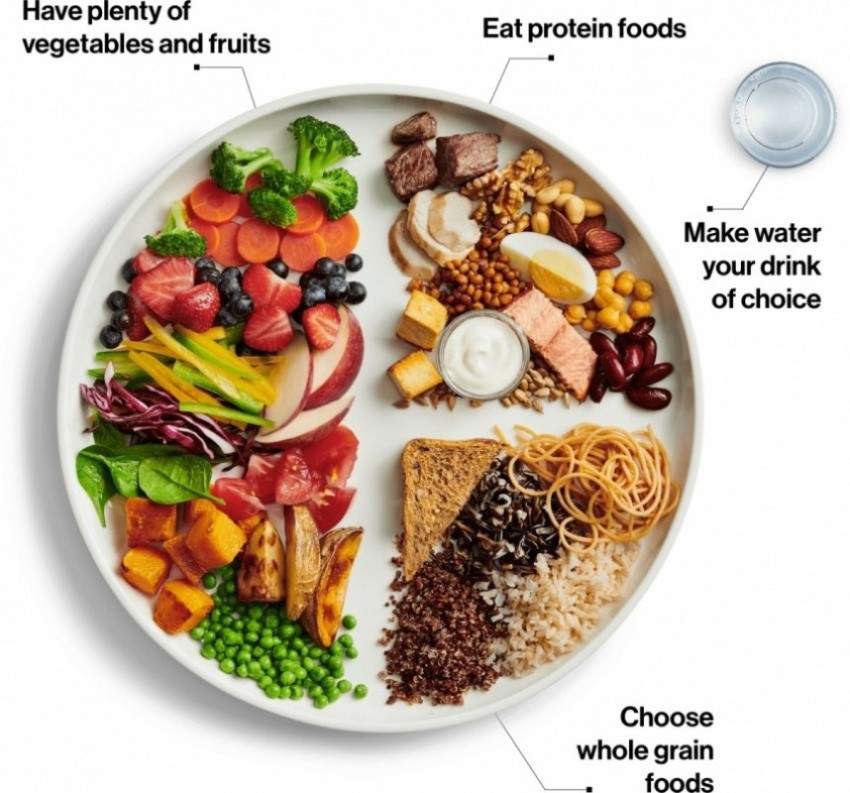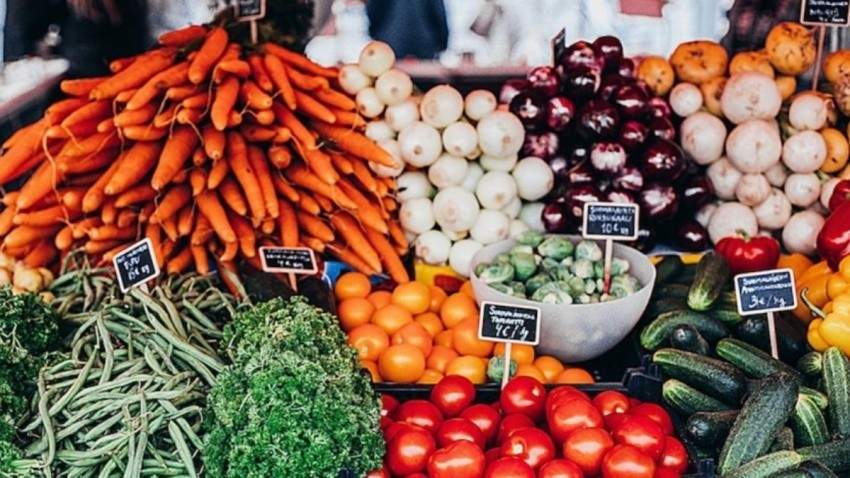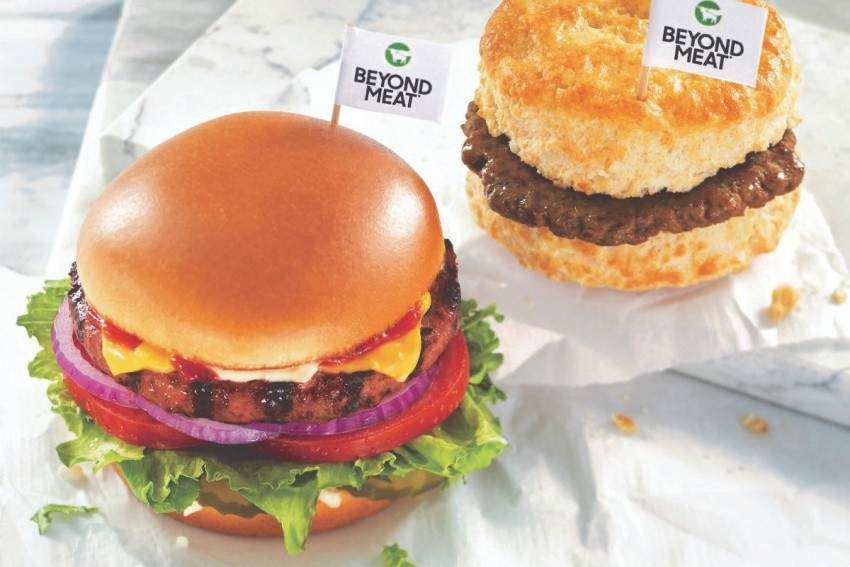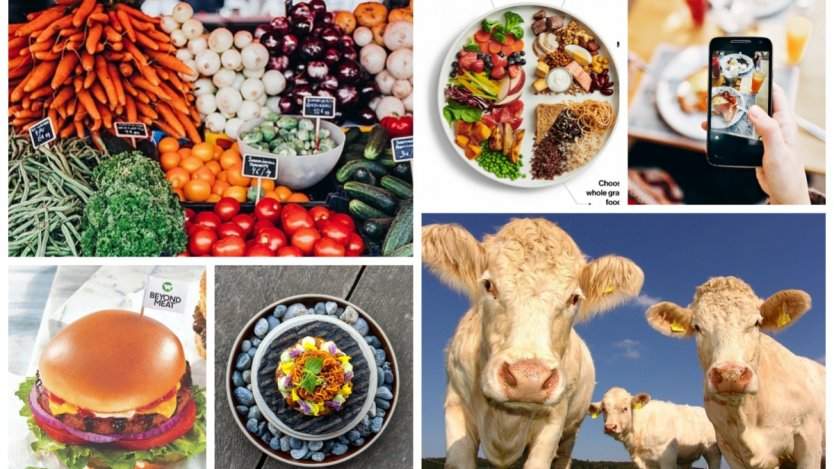The past year in food news saw a number of interesting headlines from across the country. Arguably, the two biggest stories of the year came in January, when Canada introduced its new Food Guide and Second Harvest released a Food Waste Report.
The Canadian Food Inspection Agency’s (CFIA) new initiatives to increase food safety routinely made the news in 2019. Among the many investigations and recalls that took place this year, the most significant recall occurred in December, when the CFIA terminated the license of Canada’s biggest kosher meat plant, Ryding-Regency.
The year also saw a number of new restaurants launched from coast to coast. Air Canada’s enRoute magazine ranked the country’s best new restaurants, while more centralized reviews from Eat North co-founder Dan Clapson and Vancouver Sun writer Mia Stainsby highlighted the best new restaurants in the Prairies and Vancouver, respectively.
Here are six stories that dominated headlines in 2019.
Best New Restaurants for 2019

In the last 12 months, we’ve been introduced to a number of interesting and exciting new Canadian restaurant concepts. The Globe and Mail just released the west coast feature "The best new Vancouver restaurants of 2019" by Alexandra Gill as well as Dan Clapson’s annual best new restaurants of the Prairies which included Edmonton’s Smokey Bear, Calgary’s Sidewalk Citizen Bakery, and Winnipeg’s Nonsuch Brewing Co. Vancouver Sun writer Mia Stainsby also highlighted the best of Vancouver this week, with inclusions from Ancora Ambleside, Big Day Barbecue, and Bufala.
Earlier this fall, Air Canada enRoute’s Best New Restaurants list covered the country as a whole, and saw the Yukon’s Wayfarer Oyster House selected among a star-studded lineup of new Ontario, Quebec, and B.C. restaurants.
Canada’s New Food Guide

Possibly the single biggest piece of food news in 2019 was the debut of Canada’s new Food Guide. In 2017, Health Canada declared that Canadians weren’t consuming enough vegetables, fruits, and whole grains, and the updated food guide seemed to be created in direct response to that. One of the most controversial amendments was the replacement of categories “meat and alternatives” and “milk and milk products” with the new category of “protein foods.”
Registered dietitian and food writer, Vincci Tsui, gave us her assessment on the updated changes, highlighting the importance of how Canadians eat instead of what Canadians eat.
Avoidable Food Waste

In January, Second Harvest and Value Chain Management, with the help of 700 anonymous food industry leaders across Canada, released a Food Waste Report wherein they state that nearly 60 per cent of food produced in Canada is wasted annually. The news that our country produces roughly 11.2 metric tonnes or $49.46 billion in lost food was staggering enough for Canadians to rally to correct the problem, and many individuals, restaurants, and grocery stores have begun making positive changes as a result.
CFIA steps up guidelines

On January 15, the CFIA declared a new era of food safety in Canada with the enforcement of the Safe Food for Canadians Regulations (SFCR). The SFCR’s goal was to make Canada’s food system safer than ever before by focusing on preventing and allowing for faster removal of unsafe food from the marketplace. While the new initiative saw the CFIA conduct numerous investigations and recalls, the most significant of the year took place when they investigated, suspended, and subsequently terminated the license of Canada’s largest kosher meat plant, Ryding-Regency.
Beyond Meat takeover

2019 has been a huge year for Beyond Meat. The plant-based protein provider has been at the forefront of the North American no-meat movement and as trends gradually began to lean more heavily toward plant-based foods, restaurants, fast food chains, and even grocery stores have all fallen in line. Canadians were initially somewhat tentative to embrace the A&W Beyond Burger, but the plant-based offerings have expanded into an empire that included Subway, Quesada, 7-Eleven, and more.
Drastic increase in food app delivery services

Canadians reportedly ordered $2.5 billion worth of meals in 2019 through delivery apps such as Uber Eats, Foodora, and SkipTheDishes. Today’s modern method of food delivery undoubtedly increases variety and convenience, yet many news sites reported on its unintended downside. Students across the country have been using delivery apps on a more frequent basis and many are spending upwards of $1,000 per month. Additionally, restaurants across the country have expressed concern about the marginal profits made from delivery apps, but feel forced to partake due to the increasingly high demand.













